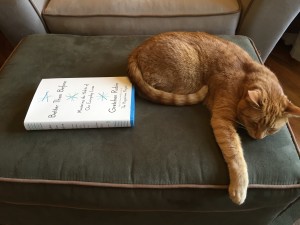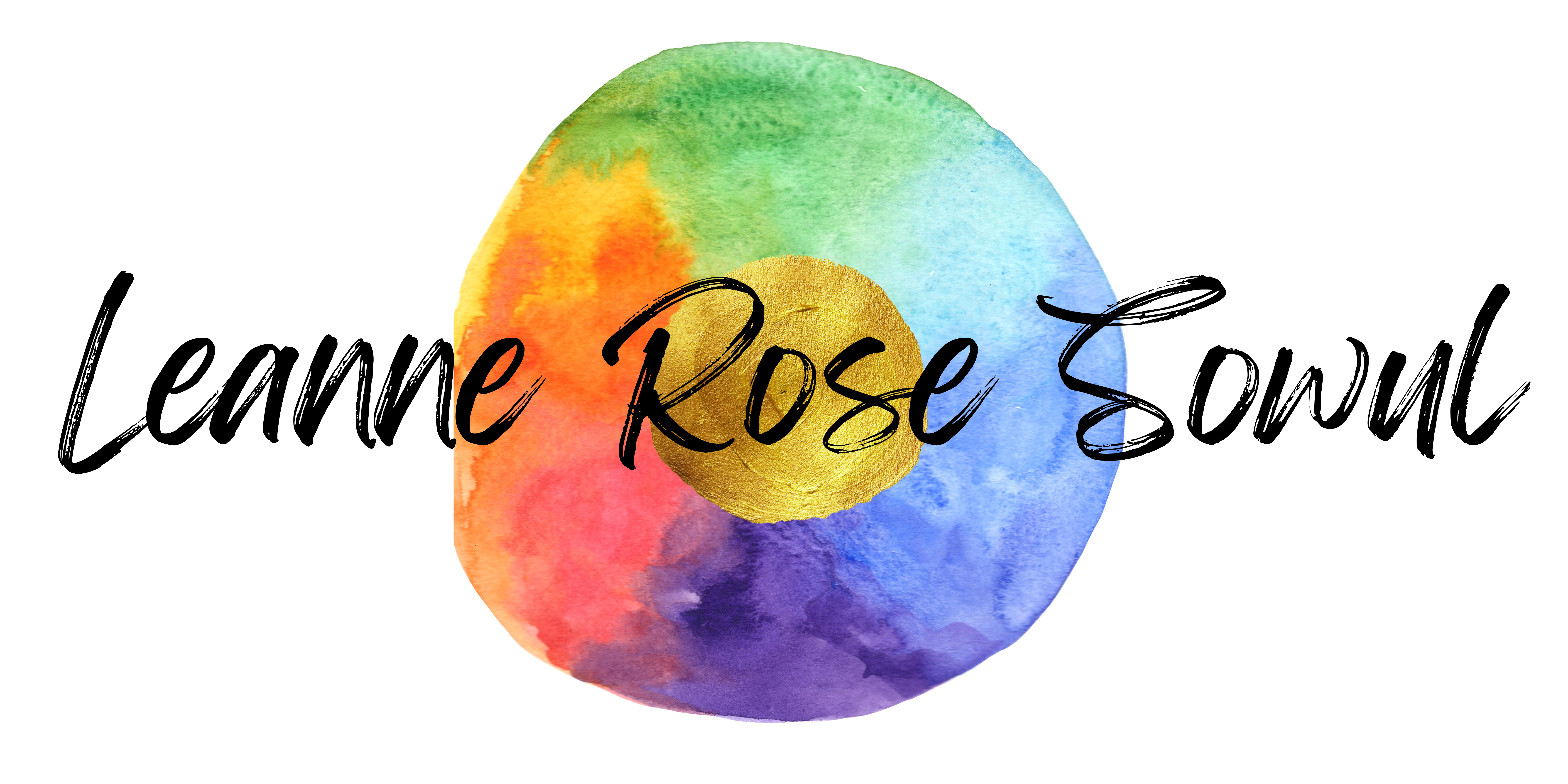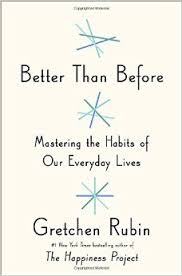I’ve been a fan of Gretchen Rubin’s for a long time now, so I was incredibly excited when she began promoting her latest book, Better Than Before, a personal manifesto about a topic I adore: habits. It’s the first book I’ve ever ordered prior to release, other than Harry Potter books. (There is no greater honor than being classified with Harry Potter!) After reading the book, I’m an even bigger fan. In Better Than Before, Rubin continues to share countless secrets of happiness-directed, purposeful living, and gives name to simple steps we can all take to make our lives more fulfilling.

In the first section, Rubin extols the virtues of “knowing thyself” before trying to create habits, and helps readers explore their particular tendencies and habit pillars. The tendencies/pillars provide a wealth of self-information. You can find out your own tendency here; for the pillars, you’ll have to read the book. (In case you’re curious, I’m an Upholder, lark, marathoner, under-buyer, simplicity lover, finisher, familiarity lover, promotion-focused, small-steps person. I think this is a very accurate list of my characteristics.)
The rest of the book is devoted to strategies for habit forming and protecting. I’d like to share the ones that had the greatest impact on me, though there are many others discussed in the book.
The Strategy of Monitoring is one I use often; I love to set goals for myself, generally focused on writing and exercise, and break them down into smaller steps. I need to feel like I accomplished something with each step, and so I monitor. I already use the whiteboard in my office to keep track of exercise and word counts, but I decided to start a food journal to be more mindful of my eating habits. I’ve done this in the past to great effect, and also used Weight Watchers successfully; I recently realized that WW mostly worked for me because it enforces monitoring. However, I’ve been having less success with it lately, and I figured out why due to another of Rubin’s principles: “Starting again is often far harder than starting the first time.” The novelty of counting Points has worn off.
The Strategy of Scheduling convinced me that I needed to add one final step to cement my writing schedule. I’ve been getting up early, before my family, to write in the mornings. This ensures that I get my word count done for the day; even if I don’t finish before they wake up, I’ve at least gotten the ball rolling. (“Well begun is half done.”) But on weekends, I often let myself sleep later and regret it; I feel that word count hanging over my head for hours and sometimes it doesn’t even get done. So I decided to set my alarm clock for every single day at 5:15, no exceptions. I can still get extra sleep on the weekends, but I’ll take it in nap form later on. (No hardship, as I love naps.) I know this wouldn’t work for everyone, but it makes me feel happy and fulfilled before breakfast every morning. Habits really can make you happier.
My favorite quote from this section of the book: “How we schedule our days is how we spend our lives.”
I love the Strategy of the Clean Slate. I use this one all the time. Every Sunday, I reset to zero: zero words written, zero minutes of exercise, zero poor food choices. I love the feeling of completing a week and having another before me, “fresh with no mistakes in it,” as Anne of Green Gables says. As a teacher, the Clean Slate works in my favor after every vacation; it’s a chance to start again with renewed intentions and improved strategies for success.
In addition to the book, I highly recommend the new podcast, “Happier,” by Rubin and her sister Elizabeth Craft. You can find it here on iTunes; in the last episode, I found out that I tend to treat myself like a toddler. Who knew?

